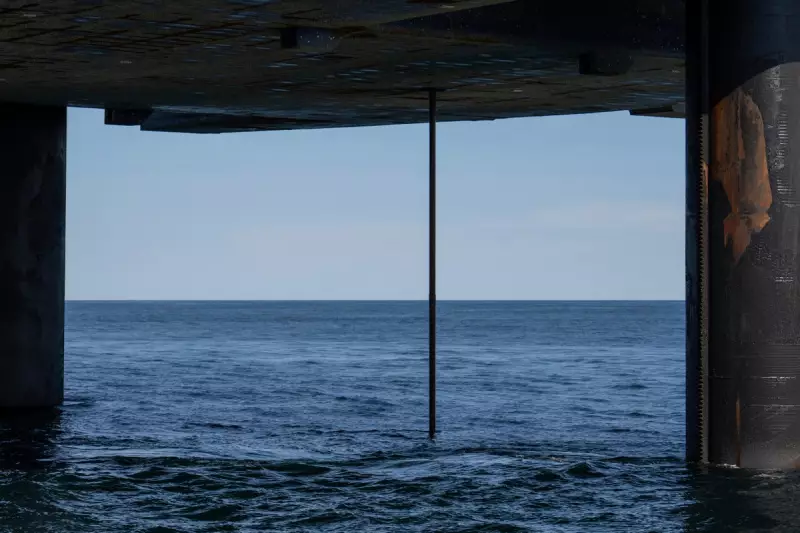
A stark new scientific warning has emerged from the depths of the Atlantic Ocean, suggesting a vital system of currents is perilously close to a complete shutdown. This potential collapse, driven by climate change, could unleash a new era of extreme and unpredictable weather across the globe.
The study, led by Professor René van Westen from Utrecht University, focuses on the Atlantic Meridional Overturning Circulation (AMOC). This vast oceanic conveyor belt, which includes the Gulf Stream, is a fundamental regulator of Earth's climate. It transports warm, salty water from the tropics towards northern Europe, moderating its climate, before cooling and sinking to return southwards.
The Point of No Return
Through sophisticated climate modelling, the research team has identified a worrying 'cliff-edge' tipping point. The AMOC is being weakened by an influx of freshwater from melting glaciers and ice sheets in Greenland, diluting the salty, dense water that is crucial for the current's sinking mechanism.
Professor van Westen stated the findings are a "major advance" in AMOC stability research. The model suggests that once a certain threshold of freshwater is reached, the system could collapse entirely within a century, with devastating and irreversible consequences.
A World Transformed
The implications of an AMOC shutdown are profound and would redraw the world's climate map:
- European Deep Freeze: Northern Europe, including the UK, could experience a significant drop in temperatures, with more severe winters.
- Sea Level Surge: The eastern coast of the United States could face a dramatic rise in sea levels, exacerbating coastal flooding.
- Global Climate Chaos: Critical monsoon seasons in South America and West Africa could be disrupted, threatening food security for millions.
- Ecological Disaster: The entire marine ecosystem of the Atlantic would be thrown into turmoil, affecting countless species.
While the exact timing remains uncertain, the study serves as a powerful reminder that the climate system has non-negotiable boundaries. Crossing this threshold would be a point of no return, cementing a new and far more volatile climate reality for future generations.




